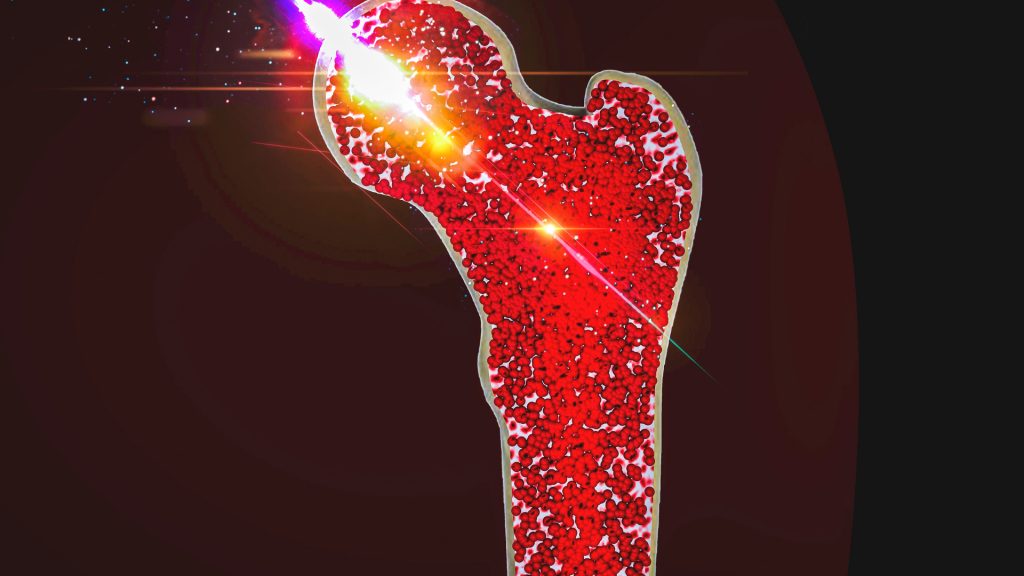Microbial Infection Induces Autoimmunity

Dr. Julie Blander’s group at the School of Medicine at Mount Sinai have discovered that during an infection that causes the apoptosis of infected cells, CD4+ T cells with specificity to self-antigens are activated along with CD4+ T cells specific to the infecting pathogen.
Upon further investigation the authors found that these self-reactive CD4+ T cells differentiated into TH17 cells after recognition of infected apoptotic host cells. Autoreactive TH17 cells are prominently associated with several autoimmune diseases. Indeed, the emergence of these self-reactive TH17 cells during infection was associated with autoantibody production, along with enhanced susceptibility to intestinal inflammation.
This research sheds light on the mechanisms by which infections can trigger autoimmunity and has implications for new therapeutic treatments to limit autoimmune diseases.
To accomplish this research, the authors used Bio X Cell’s anti-mouse MHC class II (clone Y-3P) antibody to block antigen presentation to CD4+ T cells and confirm that antigen presentation is required for the development of autoreactive TH17 cells during infection. Additionally, the authors used Bio X Cell’s anti-Thy1.1 antibody (clone 19E12) to specifically deplete Thy1.1+ T cells and confirm that self-reactive T cells were responsible for the generation of autoantibodies.
See the article in Nature Immunology.
